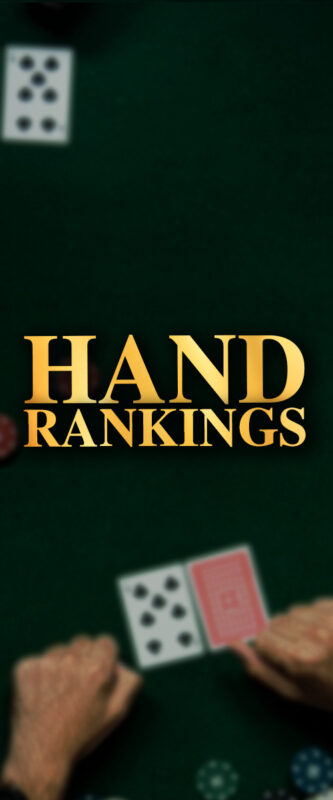Omaha Poker

History of Omaha Poker
Game Objective of Omaha Poker
Game Set Up of Omaha Poker
How to Play Omaha Poker?
- Starting Hand:
-
- Each player is dealt four private cards (hole cards).
- Players evaluate their hands and decide whether to bet, fold, or call.
- Community Cards:
-
- The dealer reveals five community cards in stages: the flop, turn, and river.
- Players use these community cards in combination with their hole cards to make the best hand.
- Betting Rounds:
-
- There are four betting rounds: pre-flop, flop, turn, and river.
- Players have the option to check, bet, raise, or fold during each round.
- Showdown:
-
- If multiple players remain after the final betting round, a showdown occurs.
- Players reveal their hole cards, and the player with the best hand wins the pot.
How to Win in Omaha Poker?
To win in Omaha Poker, players need to:
- Make strategic decisions based on their starting hand and the community cards.
- Read opponents’ actions and betting patterns.
- Use effective betting strategies to maximize winnings and minimize losses.
Omaha Poker Rules
Hand Rankings: The hand rankings in Omaha Poker are identical to those in Texas Hold’em. Players aim to make the best possible five-card hand using a combination of their hole cards and the community cards.
Betting Structure: Omaha Poker typically uses a pot-limit betting structure, where players can bet up to the total size of the pot.
Showdown: In Omaha Poker, the player with the best five-card hand wins the pot at the showdown. Players must use exactly two of their hole cards and three community cards to form their hand.
Omaha Poker Variations
Omaha Hi-Lo (Eight or Better): In this variation, the pot is split between the player with the highest hand and the player with the lowest qualifying hand (eight or better).
Pot-Limit Omaha (PLO): This variation of Omaha Poker uses a pot-limit betting structure, adding an extra layer of complexity to the game.
Five Card Omaha: A variant of Omaha Poker where players are dealt five private cards instead of four, but they must still use exactly two of their hole cards to form their hand.
Difference between Pot Limit Omaha and Texas Hold’em
Pot Limit Omaha (PLO) and Texas Hold’em are two popular variations of poker, each with its own unique characteristics. While both games share similarities, there are several key differences that set them apart.
Differences:
- Starting Hands: In PLO, players are dealt four private cards (hole cards) instead of two in Texas Hold’em. This leads to more possibilities for strong starting hands in PLO.
- Betting Structure: PLO typically uses a pot-limit betting structure, where players can bet up to the total size of the pot. In contrast, Texas Hold’em may have different betting structures like no-limit or limit.
- Hand Strength: In PLO, players must use exactly two of their hole cards and three community cards to make the best hand. This often results in stronger hands being needed to win pots in PLO compared to Texas Hold’em.
- Complexity: Due to the four-card starting hand and the requirement to use two hole cards, PLO is generally considered more complex and strategic than Texas Hold’em.






